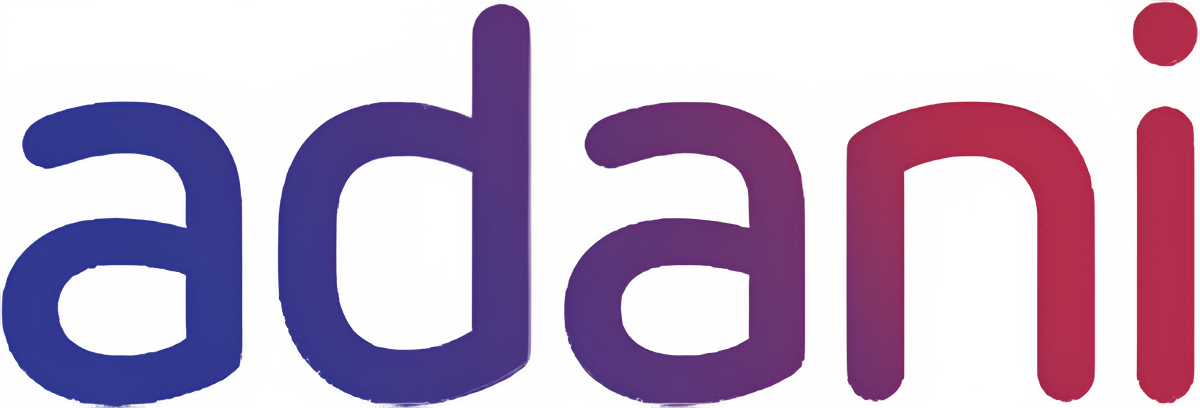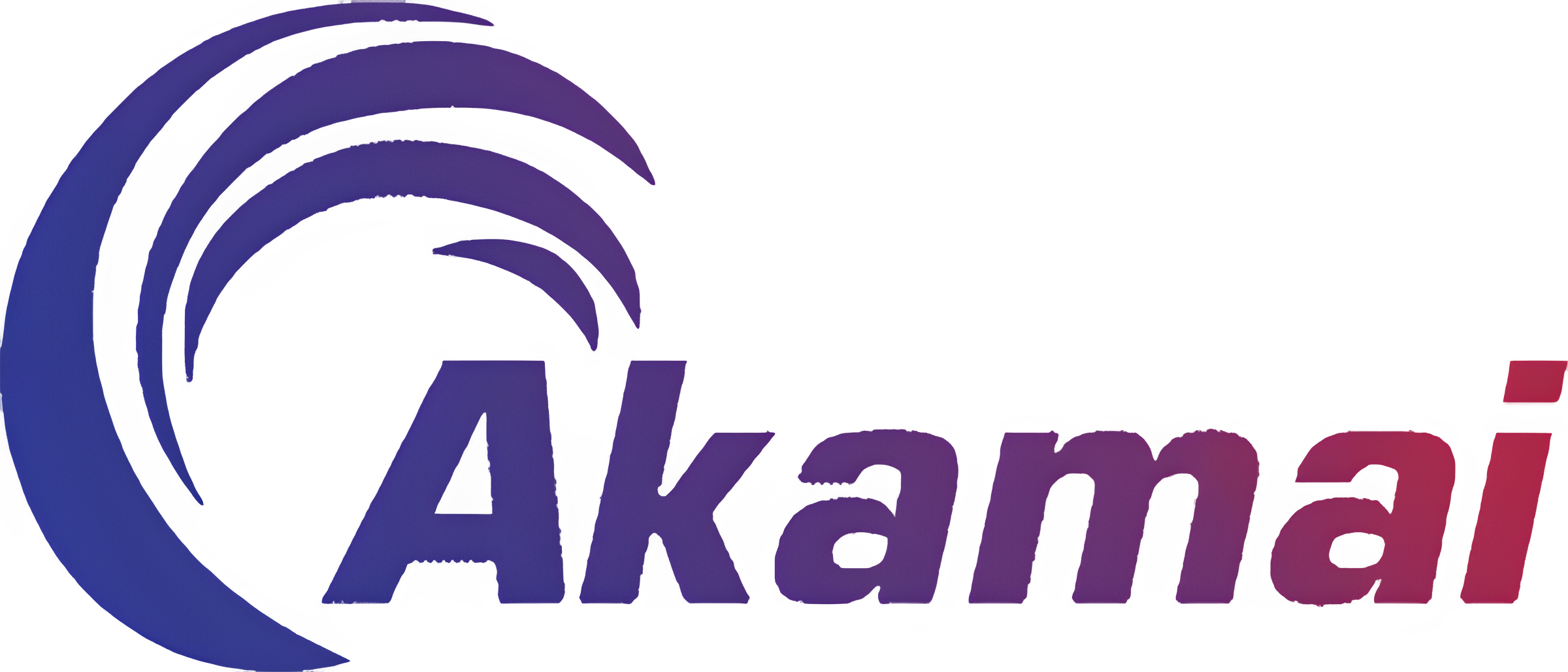Developing a Real Estate App in Dubai: Features, Costs & Tips

Dubai’s real estate market set a record with 119,800 property transactions in 2024, marking a 51% increase year on year. Leading platforms like Bayut list over 300,000 properties daily, with 85% of users finding the app intuitive and reliable. Developing a real estate app in Dubai demands seamless integration of live listings, virtual tours, agent chat, and mortgage calculators, all underpinned by secure Payment gateway integration for frictionless transactions. Mobile app development costs for a basic MVP range from USD 15,000 to USD 100,000+, depending on feature scope and platform complexity, while Dubai specific projects typically start at USD 40,000 and can exceed USD 300,000 for mid to high complexity solutions. This in depth guide explores the essential features, Android v/s iOS App decisions, on demand app development strategies, cost estimation, and how to partner with a real estate app development company to successfully launch in Dubai.
Mobile applications have redefined property search and transactions in global real estate markets. Today’s consumers expect to create an app driven experience that delivers curated listings, interactive visualizations, and secure payment options—all in the palm of their hand. Engaging a seasoned mobile app development company can ensure your project follows best practices in UX, architecture, and DevOps, enabling a faster time to market and higher user satisfaction. According to industry research, the average development cost for a basic consumer app lies between USD 5,000 and USD 50,000, with complexity and integrations driving budgets upward.
Defining Core Architecture
Building a Porter-like app begins with a modular architecture that decouples critical services. Core domains include booking, dispatch, tracking, payments, and analytics. A microservices approach, leveraging containerization (Docker) and orchestration (Kubernetes), allows each service to scale independently and recover gracefully from failures. For instance, the dispatch module can consume booking events via a message queue (RabbitMQ or Kafka), determine optimal driver allocation based on real-time GPS data, and push tasks to driver apps instantly via WebSockets.
Dubai’s Real Estate Landscape
Over the past decade, Dubai has emerged as a global real estate hub, attracting both end users and investors with its dynamic skyline and favorable regulatory environment. Rental rates in Dubai averaged a 16% increase during the year leading to December 2024, while average sales values climbed roughly 18% year on year. The emirate’s appeal is bolstered by government initiatives like the Golden Visa for property investors, which have driven both transaction volume and property values upward. Against this backdrop, digital platforms have taken center stage: Bayut, for instance, processes millions of monthly searches and maintains over 300,000 active listings, offering features like filtration, mapping, and in-app agent chat that resonate with Dubai’s tech-savvy audience.
Why Build a Real Estate App in Dubai?
Dubai’s property sector recorded 2.78 million total transactions in 2024, a 17% jump over the previous year, underscoring robust buyer confidence and the necessity for innovative digital solutions. As consumer behaviors shift toward instant gratification, a dedicated mobile app enables real-time inventory updates, personalized alerts, and on-demand scheduling of viewings—features impossible to replicate on static websites. The rise of on-demand app development frameworks allows startups and established firms alike to implement dynamic routing for property tours, AI-driven recommendations, and push-based marketing, all while scaling efficiently through microservices and CI/CD pipelines.
Feature Requirements for Next Gen Real Estate Apps
Successful real estate applications hinge on a rich feature set that addresses both buyer and agent workflows. Core capabilities include continuously updating property databases, advanced search and filter logic, and interactive map overlays with geolocation tags. Virtual tour functionality powered by 3D imagery or AR enriches the browsing experience, while integrated chat modules facilitate instant communication between prospects and agents. Financial tools—such as mortgage calculators and payment estimators—provide transparency, and a robust analytics backend yields insights into user behavior, enabling ongoing optimization of both the app and associated business processes.
Technology Choices: Android v/s iOS App and Beyond
Selecting between Android v/s iOS App development hinges on target demographics and feature goals. Android commands approximately 71% of global smartphone market share, delivering reach among diverse OEMs and price segments. Conversely, iOS users often exhibit higher engagement and in-app spending, making the platform a priority for premium feature sets. Partnering with an iPhone app development company ensures native UI/UX fidelity using Swift and Objective C, while an Android app development company can leverage Kotlin and Java for optimal performance across device form factors. Cross-platform frameworks like React Native or Flutter offer accelerated timelines but may require native modules for AR tours or complex mapping integrations.
The Mobile App Development Process
Embarking on an app project begins with stakeholder workshops to define user personas, journeys, and business KPIs. Rapid prototyping—through wireframes and clickable mockups—validates critical assumptions before heavy investment in code. Adopting agile sprints, with integrated QA and user testing, ensures continuous feedback loops and risk mitigation. Automated CI/CD pipelines orchestrate builds, tests, and deployments, enabling a production cadence that aligns with market demands. Throughout, clear documentation and collaborative roadmaps keep cross-functional teams—designers, developers, QA, and DevOps—aligned and responsive to evolving requirements.
Payment Gateway Integration and Backend Infrastructure
Seamless Payment gateway integration is non-negotiable for monetizing premium services and subscription tiers. Modern gateways provide PCI DSS compliance, fraud detection, and multi-currency support, expanding your app’s utility to international investors. On the backend, a microservices architecture—containerized via Docker and orchestrated with Kubernetes—ensures modular scalability and fault isolation. Message queues (e.g., RabbitMQ, Kafka) manage asynchronous tasks such as notification dispatch, while RESTful or GraphQL APIs deliver data to both mobile and web clients. Integrations beyond payments—like CRM, MLS, or IoT-enabled smart building systems—further automate workflows, enhancing operational efficiency and data visibility.
Estimating Mobile App Development Costs and Real Estate App Development Cost
Accurate budgeting begins with a granular breakdown of feature complexity, UX design, platform choice, and integration scope. Industry benchmarks place cost to develop a mobile app MVP—covering listings, search, basic chat, and payments—between USD 15,000 and USD 100,000. In Dubai, local agencies report real estate app development cost ranging from USD 40,000 to USD 300,000 for standard platform builds, with enterprise-grade solutions exceeding USD 500,000 when factoring advanced automation, security audits, and multi-language support. Global averages show simple apps at USD 5,000–USD 50,000, mid-tier at USD 60,000–USD 150,000, and high complexity projects upwards of USD 200,000. Realistic timelines span 4–9 months, depending on resource availability and sprint cadences.
Partnering with a Real Estate App Development Company
Choosing the right real estate app development company is pivotal to project success. Firms like CodeAegis boast white-label solutions that aggregate buyers, sellers, and agents onto a unified platform, facilitating end-to-end digital transactions. Key evaluation criteria should include domain expertise in property tech, proven integrations (e.g., MLS, CRM), UX portfolios showcasing intuitive flows, and post-launch support structures covering maintenance and feature expansion. A collaborative partner contributes strategic product insights, aligns with your brand vision, and adheres to local regulations, ensuring your app resonates with Dubai’s diverse user base.
Regulatory and Market Considerations in Dubai
Operating in Dubai requires compliance with the UAE’s data protection regulations and anti-money laundering laws. Implementing industry standards—TLS 1.2+ for data in transit, AES 256 for data at rest, and OAuth 2.0/JWT for API security—fortifies your app against evolving cyber threats. Periodic penetration tests and vulnerability scans, along with transparent privacy policies, build user trust in a market where security is paramount. Collaboration with local legal advisors streamlines licensing, approval, and certificate issuance, reducing time-to-market friction.
Tips for a Successful Launch and Growth
To drive adoption, localize your app in English, Arabic, and key expatriate languages. Leverage App Store Optimization (ASO) to enhance visibility for search terms like “Dubai property app” and “luxury home finder.” Deploy targeted digital marketing—social media, pay-per-click campaigns, and influencer partnerships within the real estate community—to generate early traction. Implement referral incentives and loyalty programs to encourage repeat engagements. Finally, monitor key metrics—DAUs, session length, conversion rates—via embedded analytics, and iterate rapidly based on user feedback to maintain relevance and competitive differentiation.
Conclusion
Developing a real estate app in Dubai merges cutting-edge technology with a nuanced understanding of local market dynamics. By selecting the right mobile app development company, embracing a structured development process, and budgeting accurately for mobile app development costs, you can deliver an engaging platform that meets user expectations. Strategic Payment gateway integration, thoughtful Android v/s iOS App decisions, and partnerships with a specialized Real Estate App Development Company ensure your solution stands out in a crowded marketplace. DinousTech Private Limited is ready to collaborate on your project, offering end-to-end expertise from ideation to launch. Reach out to transform your real estate app vision into a market-leading reality.

















